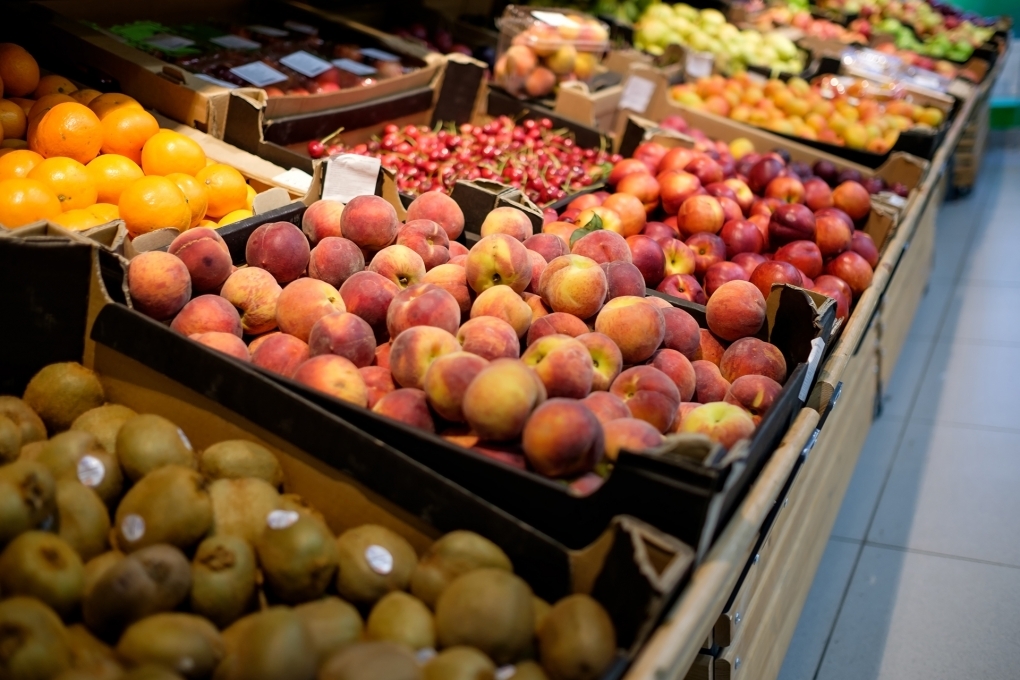The best technologies for storing fruits are storage in a controlled atmosphere (CA) or dynamic controlled atmosphere (DCA). They allow to reduce losses, however, do not solve all problems. They are not able to guarantee the protection of fruits from sunburn, which affects many varieties of apples cultivated in Russia and in NIS. In addition, after unloading the fruit from the controlled atmosphere storage room or dynamic controlled atmosphere storage room and transporting them to the consumer, there is a significant risk of reducing fruit quality - rapid over-ripening, loss of juiciness and the fruits damage of various diseases.
The main reason for the development of diseases and quality reduction is the excessive accumulation of ethylene inside the fruit. Ethylene is synthesized by fruits (endogenous ethylene) or comes from the environment (exogenous ethylene), and in extremely low concentrations activates their ripening, over-aging and aging. This leads development of these diseases and quality loss. A fundamental solution to the problem of long-term preservation of the fruits quality is both inhibition of the ethylene synthesis in fruits, and elimination of its effects from external sources during storage, transportation and sale of fruits and vegetables.
There are many drugs used to reduce the effects of ethylene. Many countries use in agriculture drugs based on chemical combinations such as diazocyclopentadiene (DACP), silver thiosulfate (STS), aminoethoxyvinylglycine (AVG), 2,5-norboradiene (NBD), aminooxyacetic acid (AOA). However, these drugs have a number of significant drawbacks: some have a reversible effect or only inhibit the synthesis of endogenous ethylene without affecting exogenous, some show a high residual content in fruits after processing, and others are expensive to dispose or have an unpleasant smell.
At the heart of the technology is the ability to delay the ripening of fruits and vegetables because of the active ingredient 1-MCP in low concentrations - (0.5-1 ppm). Fitomag works by joining the proteins of ethylene receptors, suppressing the production of ethylene, α-farnesene and its oxidation products (KT281). Therefore, the intensity of respiration decreases, enzymatic activity slows, chlorophyll decomposition is inhibited, and metabolic processes drop.
Fitomag can be used in combination with all storage technologies. However, its effectiveness depends on the characteristics of the varieties, technology option and product shelf life.
Fitomag (1-methylcyclopropene or 1-MCP) compares favorably with other drugs and methods. It is necessary both for most agricultural enterprises and for companies engaged in the transportation and storage of fruits, vegetables, berries, and flowers.
How does Fitomag technology work?
More than 90% of apples, pears, berries and vegetables in Russia are stored in refrigerators with the usual atmosphere. Under normal conditions, this technology does not guarantee the preservation of high quality fruits (freshness, juiciness, taste) and their protection from physiological damage (sunburn, decay from aging, browning of internal tissues, browning of the core, wet burn, etc.) and fungal diseases.

